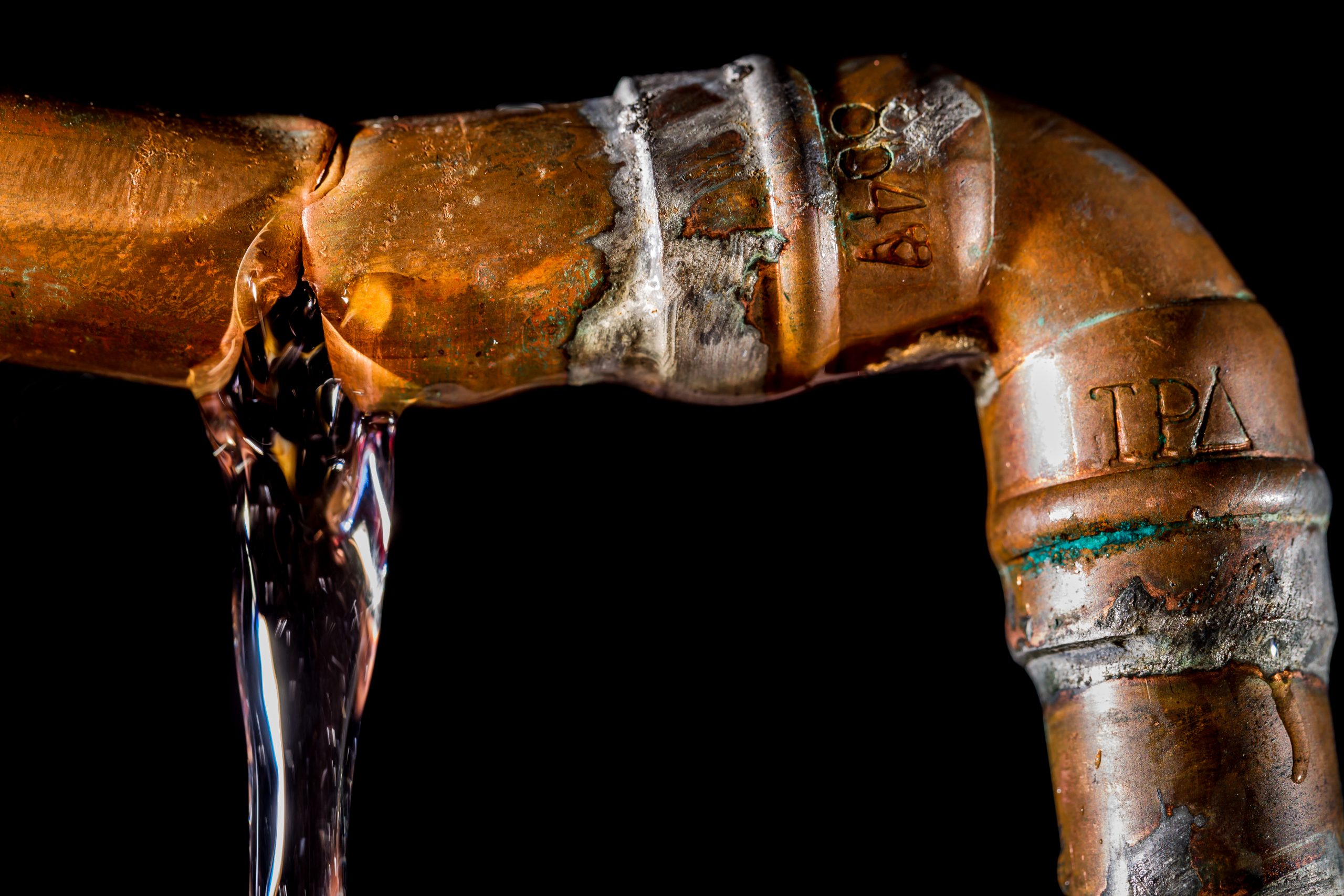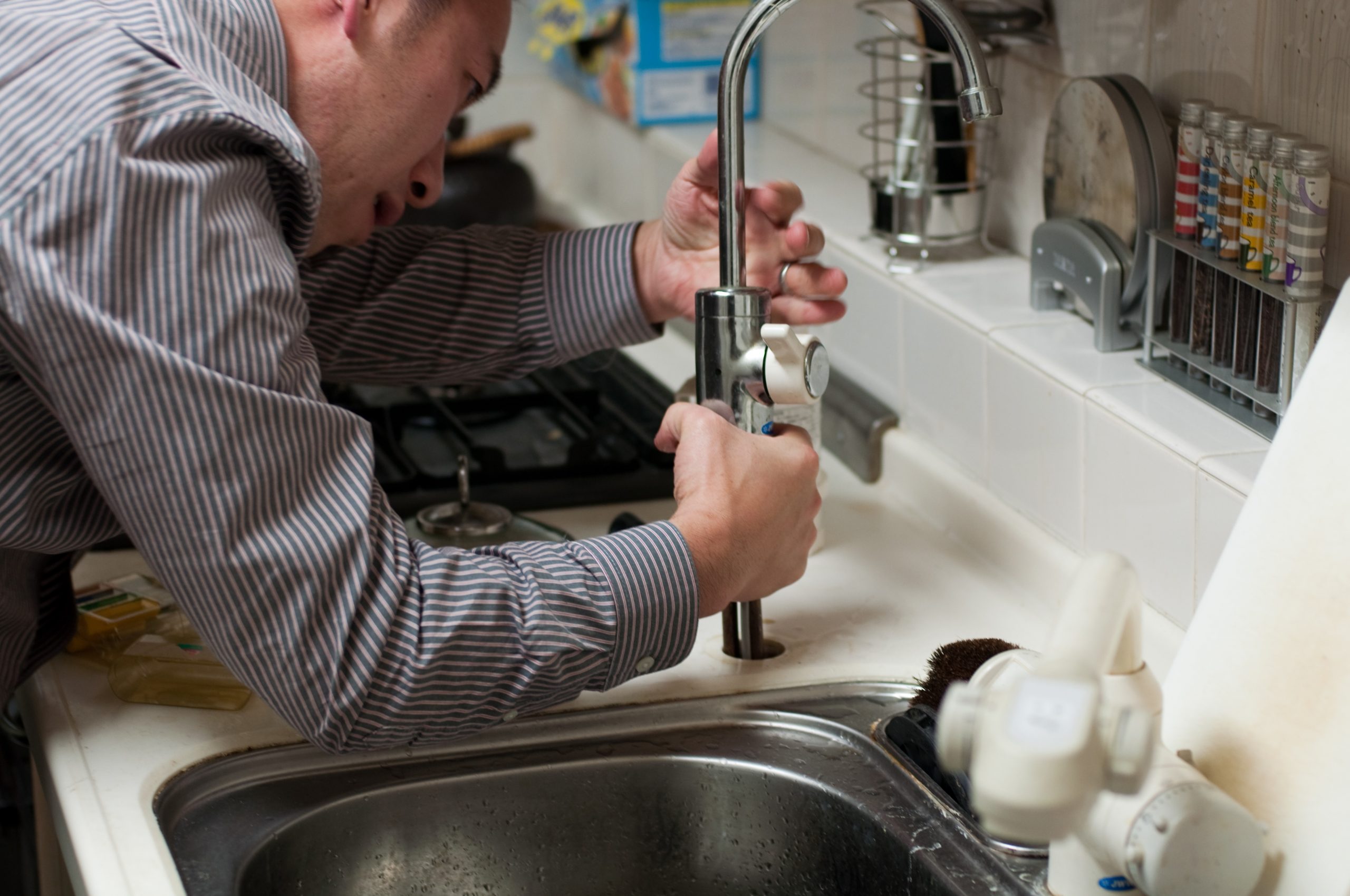Efficient Plumbing Winterization Tips to Prevent Pipe Bursts in Cold Conditions
Additional ResourcesListed here below you can locate a lot of worthwhile data relating to How to stop pipes from freezing during the winter.

All home owners that live in temperate environments must do their finest to winterize their pipelines. It is something you must do during autumn before deep winter season genuinely begins. Failure to do so can mean calamity like icy, split, or burst pipelines. If the weather condition exterior is frightful, right here are some helpful winterizing hacks to maintain your plumbing system secured even.
Activate the Faucets
When the temperature level declines and also it appears as if the frigid temperature will certainly last, it will certainly help to turn on your water both indoors and also outdoors. This will certainly maintain the water streaming through your plumbing systems. Additionally, the movement will certainly decrease the freezing procedure. Significantly, there's no demand to transform it on full blast. You'll wind up losing gallons of water this way. Rather, aim for concerning 5 declines per minute.
Open Cupboard Doors Hiding Plumbing
When it's cool outside, it would certainly be practical to open cabinet doors that are camouflaging your pipelines. Doing this small method can maintain your pipes cozy and limit the possibly dangerous results of freezing temperatures.
Take Some Time to Cover Exposed Piping
One easy as well as awesome hack to warm up icy pipelines is to cover them with warm towels. You can cover them initially with towels. After safeguarding them in position, you can pour boiling water on the towels. Do it gradually to allow the towels take in the liquid. You can also make use of pre-soaked towels in hot water, just do not neglect to wear safety handwear covers to guard your hands from the heat.
Try a Hair Dryer or Warmth Weapon
When your pipes are virtually freezing, your trusty hair clothes dryer or warm gun is a godsend. If the warm towels do not assist remove any kind of clearing up ice in your pipes, bowling hot air straight into them may assist. You may end up harmful your pipelines while trying to thaw the ice.
When Pipes are Frozen, shut Off Water
If you see that your pipelines are totally icy or practically nearing that phase, turn off the main water valve quickly. You will generally locate this in your basement or utility room near the heating unit or the front wall closest to the street. Transform it off right away to avoid more damages.
With more water, more ice will stack up, which will ultimately lead to rupture pipes. If you are unsure about the state of your pipes this wintertime, it is best to call a professional plumber for an assessment.
All house owners who live in warm climates have to do their finest to winterize their pipelines. Failing to do so can mean disaster like icy, fractured, or ruptured pipes. If the hot towels do not assist displace any type of settling ice in your pipes, bowling warm air directly into them may assist. Turn off the major water shutoff immediately if you discover that your pipelines are entirely frozen or virtually nearing that phase. With more water, more ice will load up, which will at some point lead to rupture pipelines.
PREVENT YOUR PIPES FROM FREEZING THIS WINTER
A Leading Cause of Property Damage
When the weather is taking a deep nose dive into the cold dreary days, the risk of your pipes freezing and potentially bursting skyrockets. Unfortunately, during these cold dreary months, burst pipes are the most common denominator for property damage. The pipes that are most at the risk are those that are in areas where it is most cold in your home. For instance, pipes located in interior places such as basements, attics, and your garage. Unfortunately, that doesn’t mean that the pipes running through your cabinets or exterior walls can’t freeze. Good news, however, is that you can do things to help prevent pipes from freezing.
How to Prevent Pipes From Freezing
Once the temperature starts to drop during the winter, you should be taking the proper measures needed to ensure that your pipes stay warm and that there is circulation of water through them. Some steps that experts may recommend could go against your better judgement when it comes to saving water and heat. However, it would go without saying that when expenses are compared, damaged pipes could put a bigger dent in your wallet than a water bill.
What Can I Do?
Keep your garage door closed. This is very important, especially if you have water supply lines running through your garage. Open your kitchen and bathroom cabinets to allow warm air to circulate through them. Allow air circulation throughout your home. Keeping the interior doors open will once again allow the warm air to circulate inside your home. Ensure your thermostat is running the same temperature throughout the night and day. If you plan to be away from home during the cold months, set your temperature no lower than 55° F. This should provide enough heat to keep the pipes warm and prevent any remaining water inside the pipes from freezing. For more of a long-term solution, add insulation to attics, basement, and other crawl spaces around your home. By allowing your faucet to drip, it will alleviate pressure in the system. This is important because the pressure that is created between the blockage and the faucet can potentially cause the pipes to burst. Allowing the faucet to drip will prevent the pressure from building up, therefore keeping the pipes from bursting. Seal any cracks, openings, and crawl spaces around your home to prevent cold air from coming inside. This keeps your pipes-not to mention your home-warmer and less susceptible to issues caused by freezing temperatures. For the pipes in your home that are easily accessible, applying electrical tape to them might prevent them from freezing over. This is a quick fix, as you can apply the tape directly to the pipe. There are two options for heating tapes. One turns on and off by itself when it senses heat is needed. The other type of heating tape needs to be applied when heat is needed and removed when not necessary. If you have exposed pipes in your home, you can check this website to take a look at a few options that would be available at a shop near you.

As an enthusiastic person who reads about Prevent Freezing and Bursting Pipes, I thought sharing that piece was essential. In case you enjoyed our blog post please remember to pass it around. Thanks for your time spent reading it.
Additional Resources